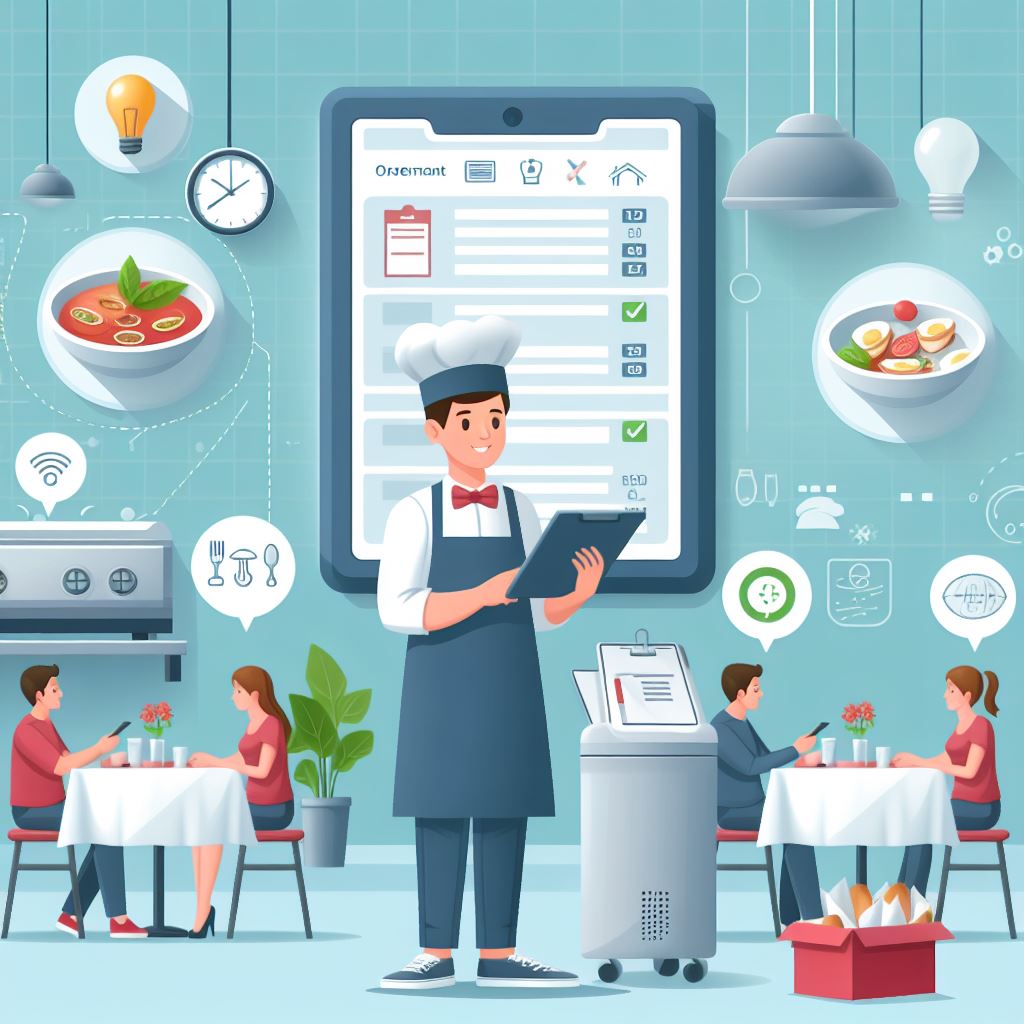Benefits of Restaurant Management System
Restaurant Management system can provide many benefits for your restaurant, such as:
- Improved customer satisfaction and loyalty: Restaurant Management system can help you improve the satisfaction and loyalty of your customers, by providing them with fast, accurate, and personalized service. It also allows communication through various channels like phone, email, chat, or social media.
- Increased sales and revenue: Restaurant Management system can help you identify and target potential customers, manage sales pipelines, and upsell and cross-sell products and services.
- Enhanced efficiency and productivity: By automating and streamlining business processes, integrating data and systems, and providing data-driven decision-making capabilities, Restaurant Management system can enhance efficiency and productivity.
Features of Restaurant Management System
Restaurant Management system can offer various features to help you manage and improve your restaurant operations, such as:
- Menu management: Create and manage your menu, customize and categorize based on various factors such as cuisine, course, or dietary preference.
- Order management: Process and manage customer orders, integrate with payment systems, and generate order reports and statistics.
- Customer management: Store and organize customer information, segment and target customers based on criteria, and communicate through various channels.
Challenges of Restaurant Management System
Restaurant Management system can pose challenges and risks, such as:
- Data quality and security: Ensure the quality and security of data and information by using validation tools and encryption methods.
- User adoption and training: Overcome resistance by providing adequate user training and support, and promoting the benefits of the system.
- System integration and compatibility: Ensure compatibility and interoperability with other systems using common standards and protocols.
How to choose the best Restaurant Management System for your restaurant
Choosing the best Restaurant Management system involves the following tips:
- Define your goals and objectives: Identify and prioritize your goals and objectives based on your restaurant's size, type, budget, and strategy.
- Evaluate and compare different options: Consider criteria such as features, functionality, usability, cost, and support. Utilize reviews, ratings, testimonials, and demos to make an informed decision.
- Test and implement your chosen option: Test the system to ensure it meets your goals and implement it by integrating and configuring with existing systems. Monitor and evaluate the system's performance.

